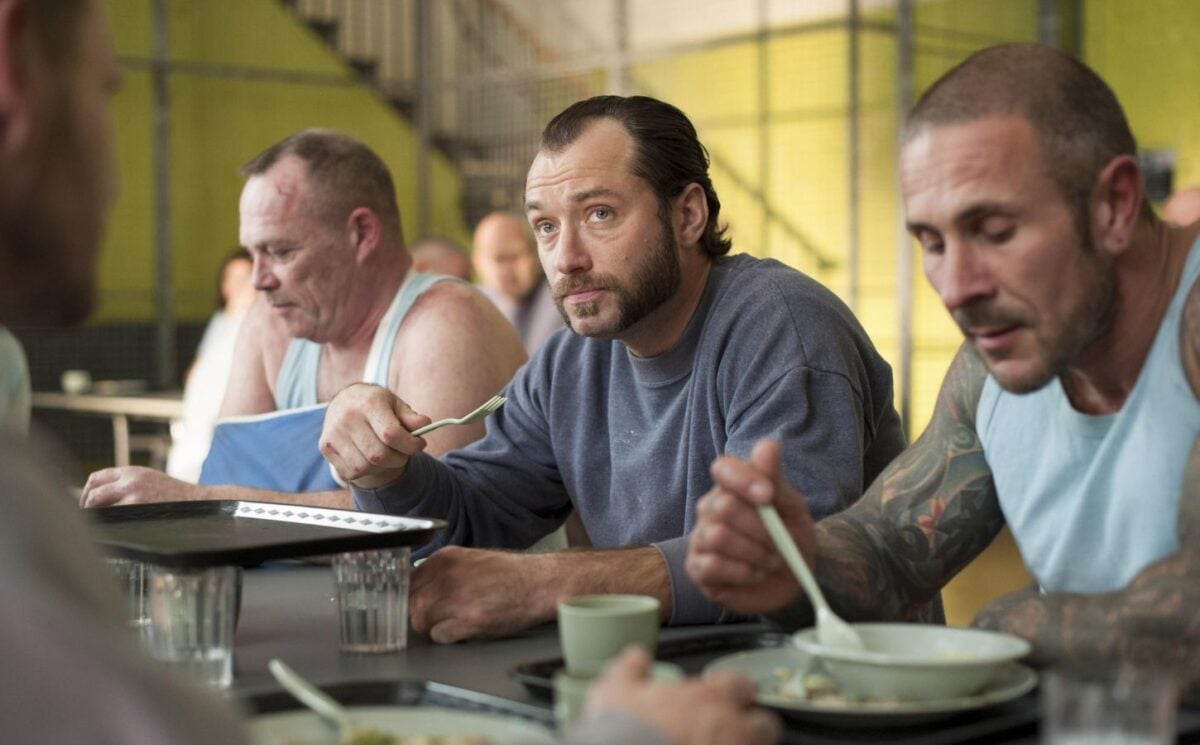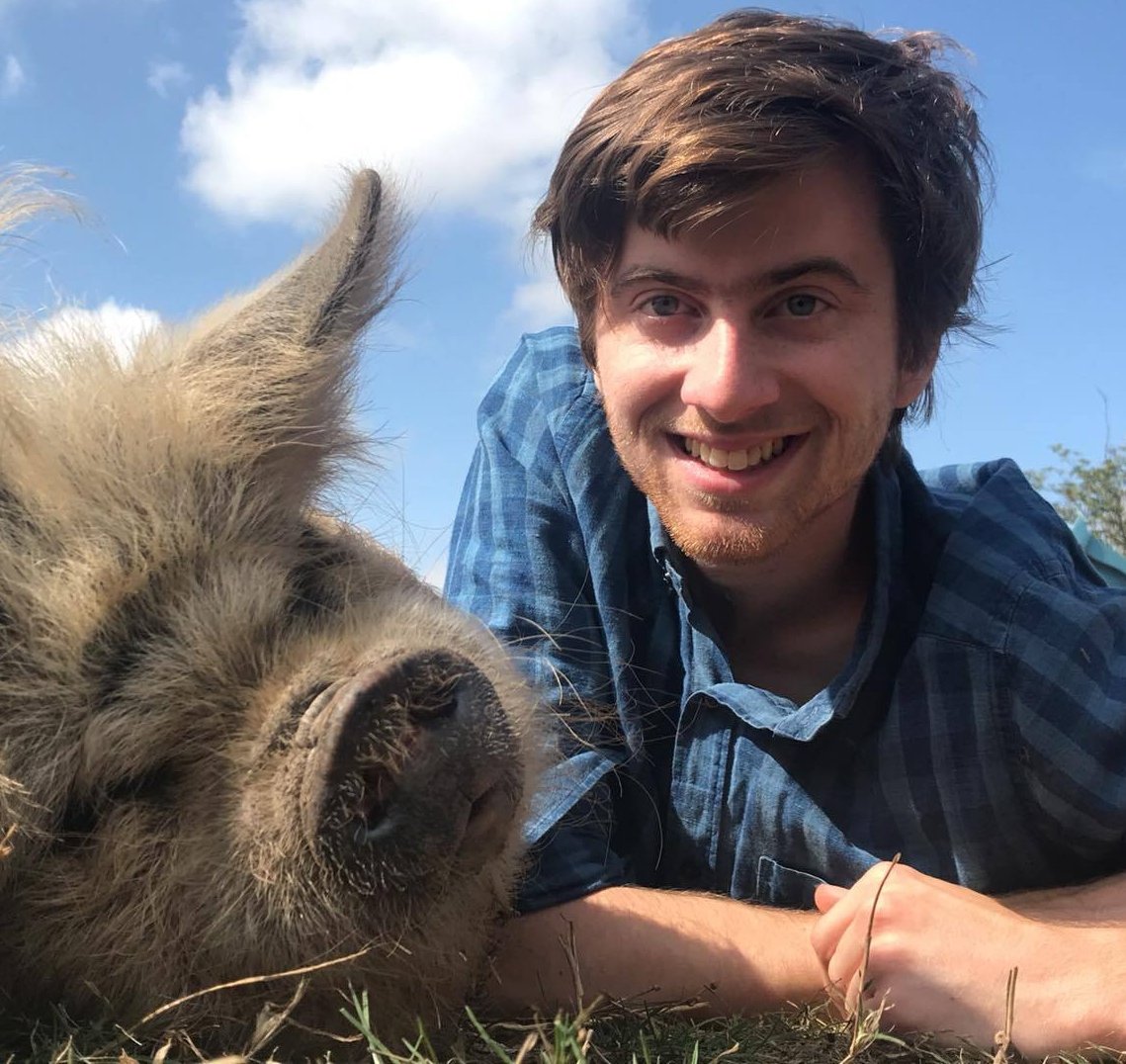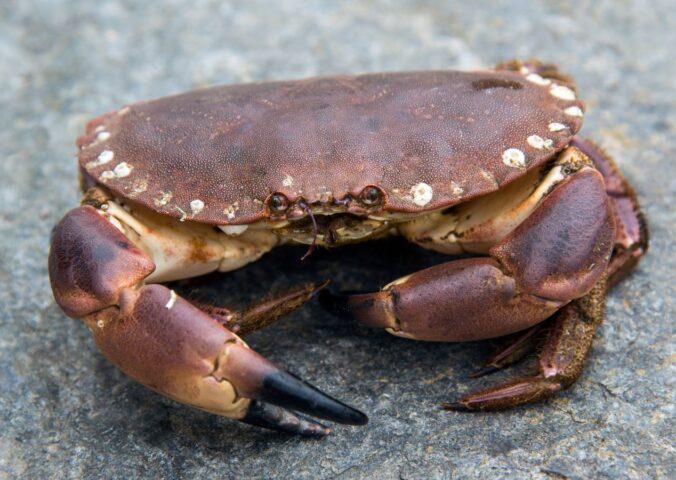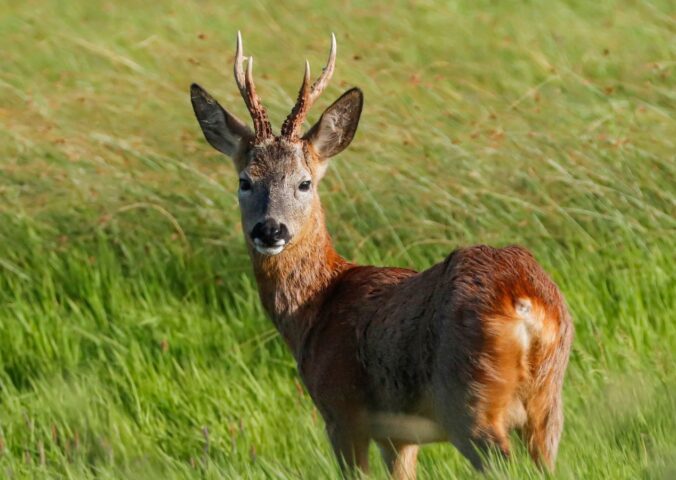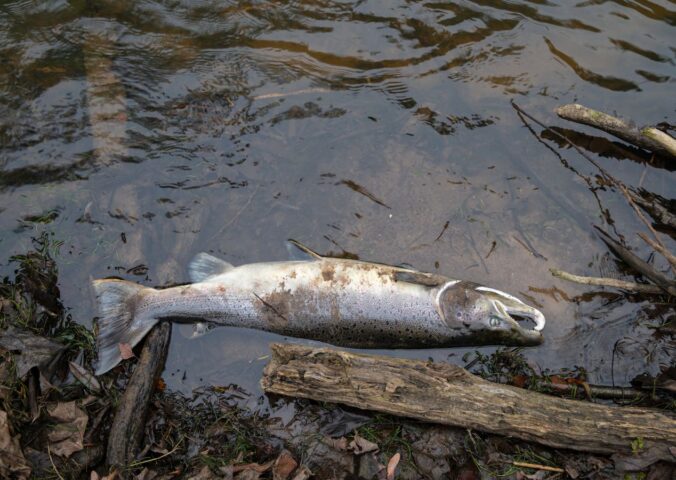New plans under consideration by the UK government could lead to “culled” deers being served to prisoners.
The UK’s deer population is considered high compared to recent levels – but not by historic standards.
The Department for Environment, Food and Rural Affairs (Defra) will publish a strategy on deer populations this year. According to the Telegraph, this will include plans to serve deer meat in prisons “to protect woodlands” and “limit the nation’s carbon output.”
Britain’s National Health Service (NHS) has already served deer meat in hospitals.
Deer meat in prisons?
The UK government is reportedly considering serving deer meat in prisons as a measure towards “net zero” targets.
Every year, around 350,000 deer are “culled” (killed). Most of these deaths take place on private estates, woodlands, and farmland.
Although some landowners defend the need to kill deers, many consider the practice cruel and unnecessary. Dawn Carr from PETA, an animal rights organization, previously told Plant Based News: “No animal – whether a gentle deer killed under the guise of a ‘cull’ or a pig or cow hung up and shot with a bolt gun – wants to die to be served up in a stew or as a sandwich filler.”
The UK’s nature crisis
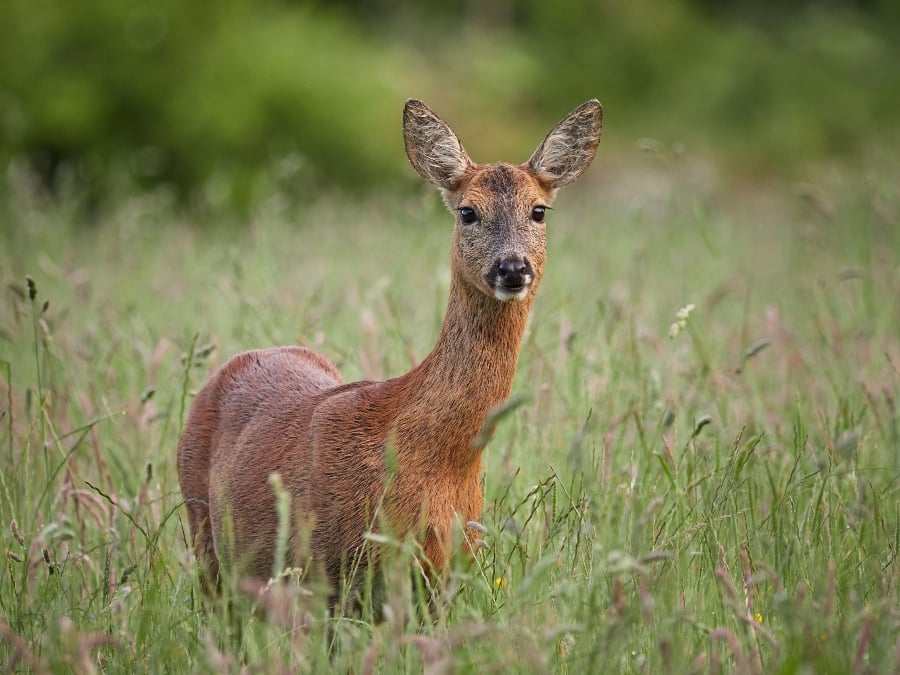
There are now two million deers in the UK, according to the Deer Initiative. The organization claims that this total that has doubled since 1999. According to the British Deer Society, however, these claims are questionable. The BDS urges policymakers not to use numbers “in sensationalist ways.”
Indeed, Natural England, a government body, has called the UK “one of the most nature-depleted [countries] in the world.”
Research shows that wild mammal biomass has declined globally by 85 percent since the rise of humans. Now, wild mammals account for just four percent of total biomass, far below human (34 percent) and animals raised by humans (62 percent).
Feeding deer meat to prisoners may seem like a solution to manage an ecosystem. In reality, that it is under consideration is emblematic of a wider nature crisis facing the UK.
Plant-based food system
Prison populations in England and Wales have risen significantly in recent years. This poses a “capacity crisis,” according to the Prison Reform Trust, a charity.
Two more crises the UK faces relate to climate and biodiversity. Animal agriculture is a leading cause of greenhouse gas emissions in the UK. It is also the key driver of land use change, resulting in loss of biodiversity.
Studies have shown that switching to a plant-based food system would free up abundant land to plant trees.
Yet the UK government has so far refused to consider this option. Its National Food Strategy, released in 2022, talked up “using ‘livestock’ to benefit the environment.” In contrast, Denmark laid the groundwork last year for a transition towards a plant-based food system.
